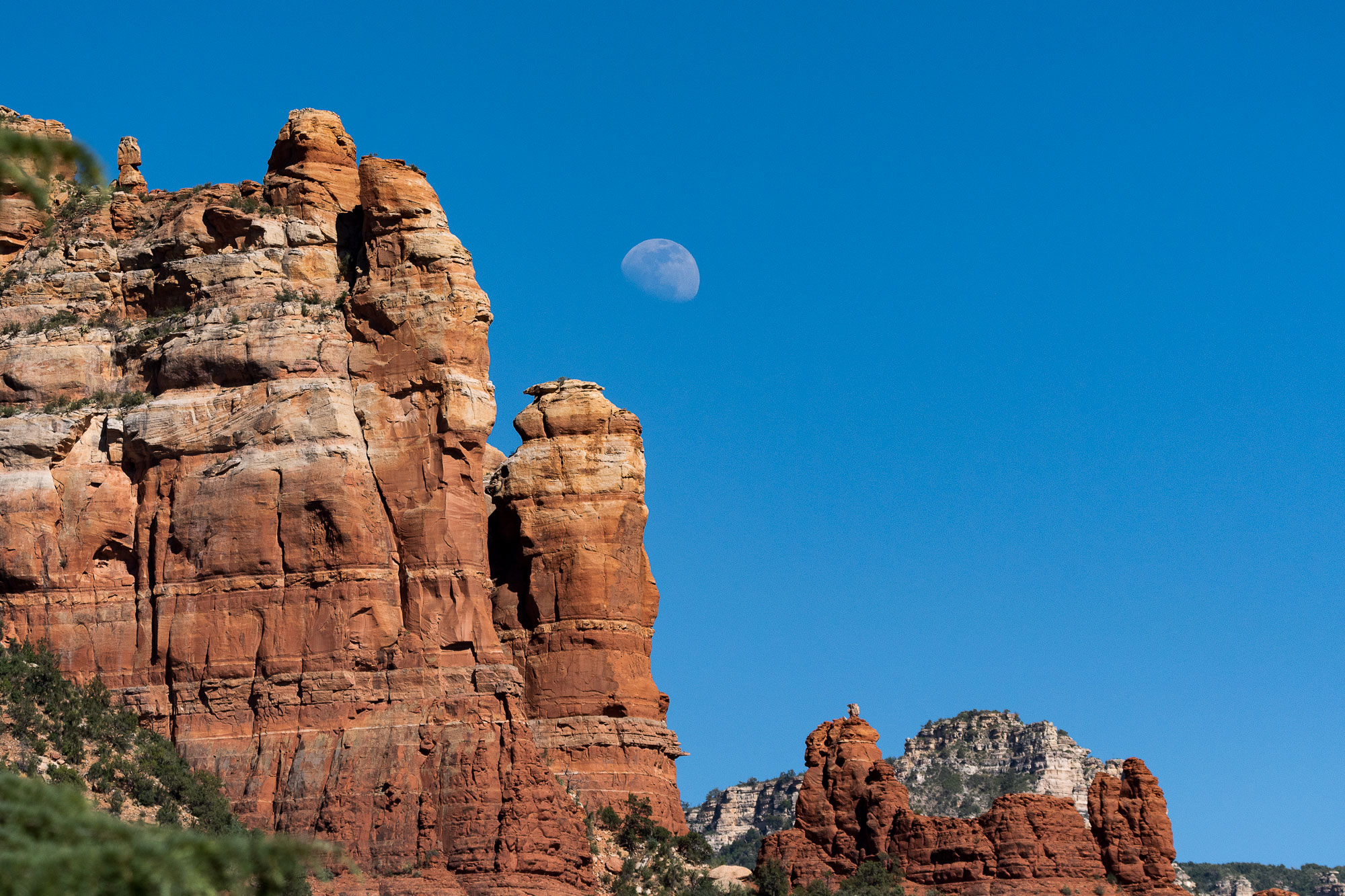UPDATED (11/5/16 9:40 a.m.): The United States Supreme Court issued a stay Saturday morning to the injunction against Arizona’s “ballot harvesting” ban, which was issued Friday by the 9th U.S. Circuit Court of Appeals. The last-minute court action means Arizona’s law, which makes collecting and submitting multiple ballots a felony, will be in place for the election Tuesday.
PHOENIX – Democrats who have become increasingly worried about possible voter intimidation at the polls say local Republicans could find themselves on the wrong side of the law, after a poll watching training led by the Maricopa County GOP. Republican activists there were told to follow and photograph voters they suspect of breaking a new Arizona law banning “ballot harvesting.”
The situation is further complicated by the fact that the 9th U.S. Circuit Court of Appeals on Friday temporarily blocked the new law that makes it a felony to collect and submit someone else’s mail-in ballot.
Walter Opaska, co-founder of the Arizona Republican Attorney Association, on Oct. 28, told a room of about 100 Republicans being trained to represent the party at polling locations what to do if they see a person bring “a bucket” of ballots into the polling place.
In a recording provided to AZCIR, Opaska urges poll watchers to report such incidents to the poll inspector, who is charged with managing the poll location, and to follow those people to their cars, photograph them, their vehicle and their license plate.
“Preferably, if you can get one, snap a picture of the person’s car – their car and their license plate would be useful too,” Opaska explained. “What we’re basically trying to do is create a paper record.”
https://azcir.org/audio/MCGOP-training_clip.mp3
<!––>
Jim Barton, an election law attorney who works for Democrats, said there are some clear guidelines that Opaska’s advice violates.
In 1981, the Democratic National Committee accused the Republican National Committee of organized voter intimidation during the New Jersey gubernatorial race, leading to a consent decree that broadly prohibits voter intimidation tactics.
dc.embed.loadNote(‘//www.documentcloud.org/documents/3213477-1982-Consent-Decree/annotations/327447.js’); &amp;amp;lt;br /&amp;amp;gt;<br /> &amp;amp;lt;a href=”https://www.documentcloud.org/documents/3213477-1982-Consent-Decree/annotations/327447.html”&amp;amp;gt;View note&amp;amp;lt;/a&amp;amp;gt;&amp;amp;lt;br /&amp;amp;gt;<br />
In 2009, the order was clarified, specifically barring poll watchers from following voters and photographing them, their vehicles or their license plates.
dc.embed.loadNote(‘//www.documentcloud.org/documents/3213938-DNC-v-RNC-Order/annotations/327448.js’); &amp;amp;lt;br /&amp;amp;gt;<br /> &amp;amp;lt;a href=”https://www.documentcloud.org/documents/3213938-DNC-v-RNC-Order/annotations/327448.html”&amp;amp;gt;View note&amp;amp;lt;/a&amp;amp;gt;&amp;amp;lt;br /&amp;amp;gt;<br />
“If they’re belligerent in mannerisms, or if they’re only doing this when they see ethnic minorities – the point is, there’s any of a dozen ways they could possibly harass voters,” Barton said.
Although a New Jersey District Court issued the consent decree, binding only the national parties and the New Jersey state parties, Republican and Democratic election law attorneys agreed that a court would consider the orders as a ruling that could be pertinent to the matter.
“The consent decree doesn’t apply to us,” Opaska told AZCIR on Friday. “(A court) would treat that like any other opinion, or any other court judgement or ruling, and look to see if it’s applicable. It’s somewhat moot since it doesn’t apply to us.”
Tim LaSota, a Republican attorney specializing in election law, on Thursday defended the state Republican Party in court against an attempt by Democrats to enjoin the party from encouraging and recruiting individuals to engage in voter intimidation. LaSota said Opaska’s advice is sound.
The Democrats cited following and photographing people, among other methods, as ways voters could be intimidated.
“You don’t go right up to someone’s face and take a photo. You kind of do it on the sly, and ideally they don’t even know what you’re doing,” LaSota said. “If they don’t know they’re being photographed, how can they be intimidated?”
The key, LaSota said, is that the poll watchers would document what they believe to be a violation of the “ballot harvesting” ban passed by Arizona lawmakers this past legislative session. The tactic is used mostly by Democrats.
“Our advice has been consistent: If you see what objectively appears to be a felony violation of law, you are free to take steps to document that,” LaSota said, prior to the news of the 9th Circuit Court’s decision.
Opaska, like LaSota, cautioned the any poll watchers against causing any confrontation with voters.



